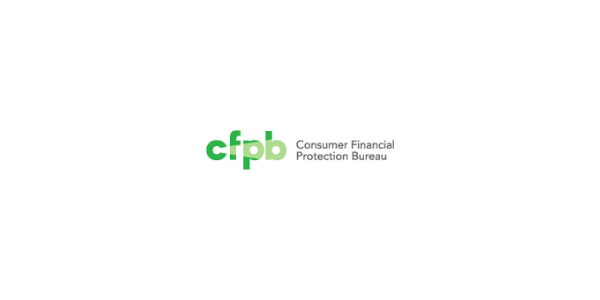
Economist: Context Matters For Fed Tapering Impact

First American Deputy Chief Economist Odeta Kushi reviews historical data to gauge effect on housing market, rates.
- Historically, when mortgage rates rise, existing-home sales don’t necessarily fall.
- The same resiliency cannot be said of refinance mortgage demand. In each rising mortgage rate era, refinance applications fell,
As expected, the Federal Reserve on Wednesday announced it will start unwinding its $120 billion monthly bond purchases later this month.
The Fed had been purchasing $80 billion in Treasury securities each month, and said it will reduce that to $70 billion later this month and to $60 billion in December. It said it also will reduce purchases of mortgage-backed securities from $40 billion to $35 billion this month, and to $30 billion in December.
In addition, the Fed said the Federal Open Market Committee decided to keep the target range for the federal funds rate at 0 to 1/4%, and that it expects "it will be appropriate to maintain this target range until labor market conditions have reached levels consistent with the Committee's assessments of maximum employment and inflation has risen to 2% and is on track to moderately exceed 2% for some time."
Consensus forecasts from Fannie Mae, Freddie Mac, the Mortgage Bankers Association (MBA), and the National Association of Realtors (NAR) predict mortgage rates will hit 3.2% by the end of the year, and 3.7% by the end of 2022.
Odeta Kushi, deputy chief economist for First American Financial Corp., has examined the history of various eras of rate increases and offers some insight into how home sales and prices may be affected by the Fed’s tapering of bond purchase.
She highlighted these key points:
Existing-home sales:
- “Historically, when mortgage rates rise, existing-home sales don’t necessarily fall.”
- “The 2005-06 rising-rate era preceding the 2008 housing crisis stands out, because sales fell dramatically.”
- “Existing-home sales also decreased in the 1994 rising-rate era, as the Federal Reserve increased the Federal funds rate to prevent strong economic growth from feeding inflation.”
- “However, in the four other rising-rate eras, existing-home sales increased (1996, 1998-2000, 2013) or only declined after prolonged resistance (2017-18).”
Refinance applications:
- “The same resiliency cannot be said of refinance mortgage demand. In each rising mortgage rate era, refinance applications fall, which is not surprising as the decision to refinance is typically a strictly financial one. When mortgage rates rise, there are fewer borrowers who are ‘in the money’ to refinance.”
House prices:
- “House prices are more resistant to rising mortgage rates primarily because home sellers would rather withdraw from the market than sell at lower prices — a phenomenon we refer to as ‘downside sticky.’”
- “Apart from the 1994 rising-rate period, when house prices declined slightly and briefly, house prices have always continued to rise, albeit more slowly, when rates have increased.”
- “In the 2005-2006 rising-rate era during the housing bubble, house prices eventually declined after initially increasing, but never declined below the level at the beginning of the rising-rate era.”
- “In the longest rising mortgage rate era, 1998-2000, nominal house prices increased consistently with the economic recovery from the previous recession. In just over a year and a half, house prices increased 14 percent.”
Kushi concluded by stating that context matters.
“The Fed tapering likely will prompt mortgage rates to rise, but it does not mean that the housing market will crash, although we may see some cooling of purchase demand, and definitely a cooling of refinance demand,” she said. “For purchase demand, context matters, and an improving economy and millennials aging into their prime home-buying years means the context remains good for the housing market.”



